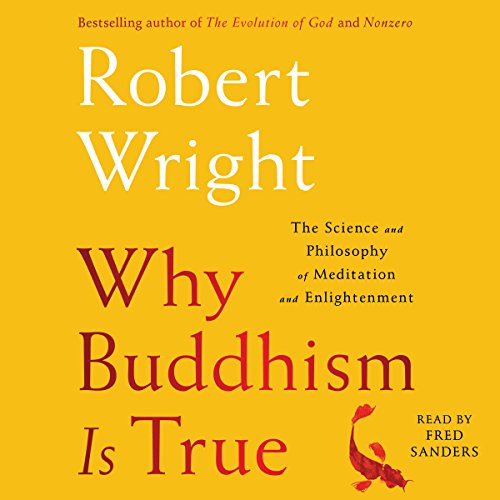Having recently read through Robert Wright’s book ‘Why Buddhism is True,’ I was impressed by Buddhism’s intricate comprehension of human psychology. While the book doesn’t directly set Buddhism against Stoicism, my previous exposure to Stoic made me see how the two philosophies could complement each other.
Stoicism, particularly its modern interpretations, claims that achieving eudaimonia - the good life - implies “living according to one’s nature.” Stoics define our nature as being “social and rational.” This, in my perspective, is more readily comprehensible than the similar but more intricate concept nirvana presented in Buddhism.
However, I totally agree with one caveat pointed out by Wright: that merely intellectualizing philosophical concepts does not guarantee eudaimonia. I have read many books now on Stoicism and moral philosophy, but I cannot really say that I am much closer to eudaimonia than I used to be. (Some progress has been made, of course.)
Wright’s work illuminates the transformative role of mindfulness meditation within Buddhism. This practice aims to dismantle the illusions that distort our perception of ourselves and the world. In Buddhist teachings, these perceptual illusions are primary obstacles to achieving eudaimonia. Wright’s discussion on “Self” Control underscores the complexities of this process. As he explores the relationship between reason and feelings in human decision-making, he subtly draws attention to the importance of finding a balance between the two.
However, my personal experience with Buddhism made me acutely aware of its tendency to devalue the role of our conscious mind and reasoning. While I appreciate the transformative potential of meditation, I can’t escape the feeling that this perspective somewhat dismisses our cognitive abilities.
For instance, the practice of mindfulness meditation alone may not necessarily lead to a rational understanding of, say, the moral complexities of factory farming, and the corresponding ethical choice of vegetarianism. There are many instances where individuals, despite regular meditation, finding eating farmed animals absolutely fine.
Therefore, I believe that the path to eudaimonia may benefit from a fusion of practices inspired by both Buddhism and Stoicism. By cultivating mindfulness through meditation, as Buddhism prescribes, and concurrently exercising rational introspection as Stoics advocate, we could carve a more holistic pathway towards eudaimonia.
